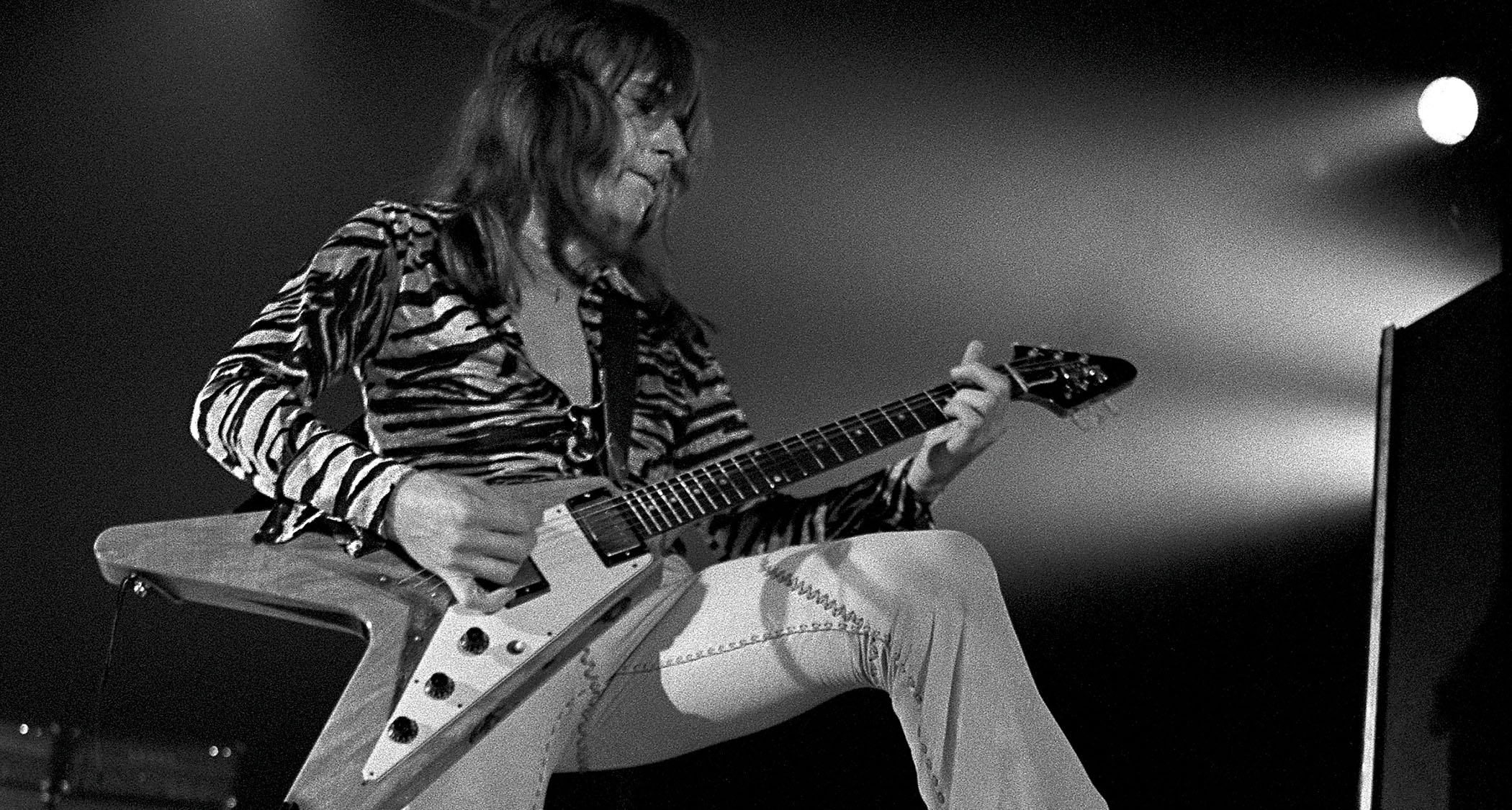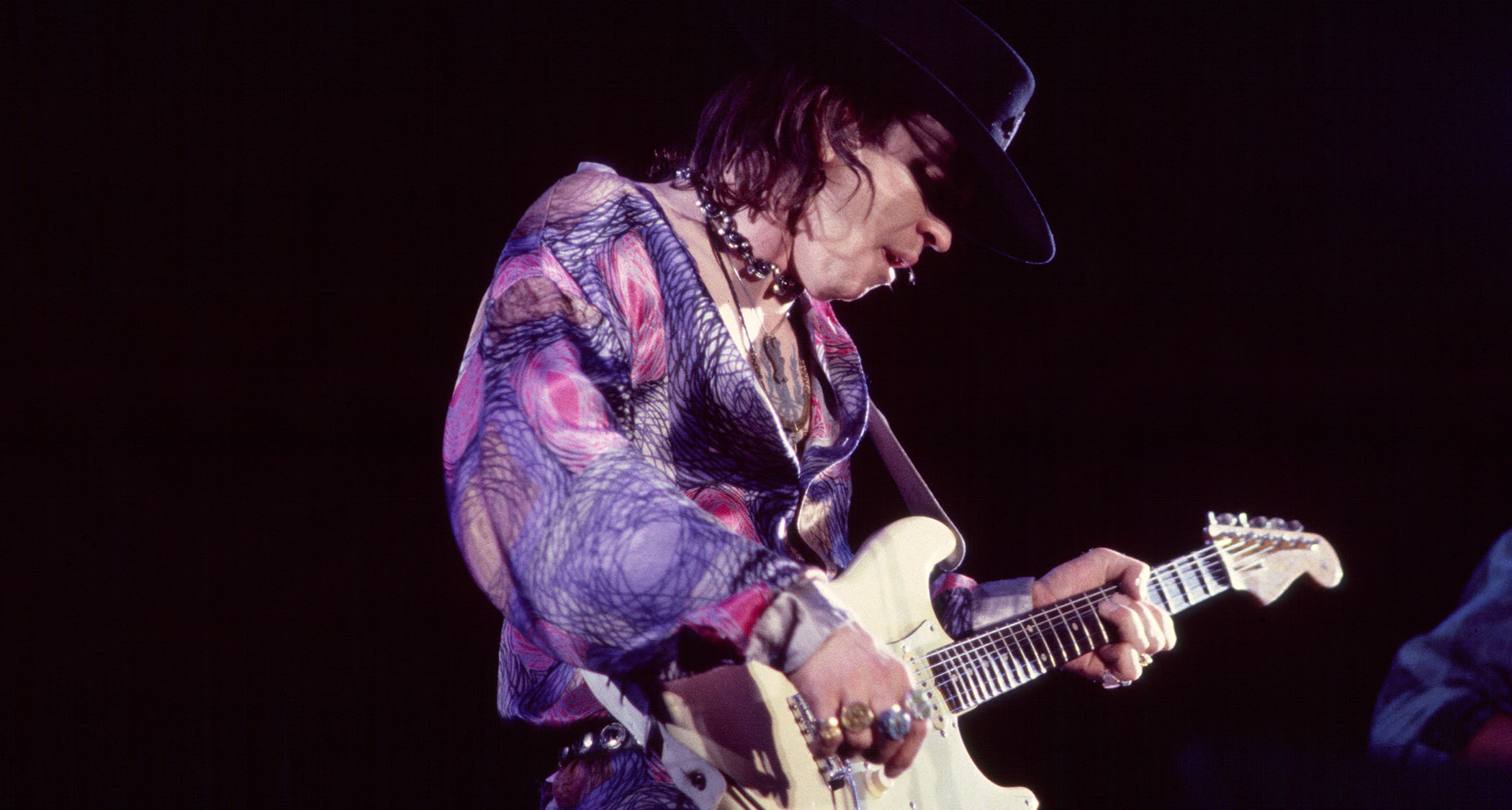“Bowie heard we were thinking of packing it in. He wrote a letter saying, ‘I really love your band… would you consider doing this song?’” The life and times of Mick Ralphs, the innovative founding guitarist of Mott the Hoople and Bad Company
The trailblazing English guitarist passed away on June 23 and left a formidable legacy, influencing the likes of Joe Bonamassa and countless others

All the latest guitar news, interviews, lessons, reviews, deals and more, direct to your inbox!
You are now subscribed
Your newsletter sign-up was successful
On 23 June, it was announced that English guitarist Mick Ralphs, famous for his work with Mott The Hoople and Bad Company, had passed away at a care facility in Henley-On-Thames, aged 81.
He will be remembered as one of the most influential rock guitarists to emerge in the late ’60s and ’70s, though he continued writing and recording with Bad Company through the ’80s and ’90s, and even released a pair of albums with his own blues band in times more recent.
Born in 1944 in Stoke Lacy, Herefordshire, Ralphs picked up the guitar as a teenager and began his career playing in bands like The Buddies and Mod Doc Thomas Group, the latter of whom would go on to rename themselves Mott The Hoople in 1969.
Their self-titled debut album of that year opened with an instrumental version of You Really Got Me by The Kinks, Ralphs using a 1961 Gibson SG/Les Paul with a sideways vibrola – acquired during his time backing reggae pioneer Jimmy Cliff – through a wah pedal to replicate the vocal melodies heard on the original.
“We were quite outrageous in the Mott The Hoople days, but it was more like a punk band than a glam-rock band,” he told Guitarist in 2013. “It was just full-tilt rock because I remember people like Mick Jones of The Clash used to come and watch us play a lot in the old days.”
The band became household names in 1972 when David Bowie produced their fifth album, All The Young Dudes, and even went as far as writing its title track, underlined by some phenomenal fretwork from Ralphs.
“[Bowie] basically saved the band,” he once told Guitarist. “We didn’t really know him at all, and we were at a low ebb and felt that we weren’t getting anywhere. We always had a good live following, but we weren’t very good at making hit records.
All the latest guitar news, interviews, lessons, reviews, deals and more, direct to your inbox!
“And then Bowie heard about the fact that we were thinking of packing it in and he wrote a very nice letter saying, ‘I really love your band and hope you won’t break up: but if you’re going to, would you consider doing this song?’ And he sent a little reel-to-reel tape with All The Young Dudes on.”
Similar high praise could be afforded to the group’s sixth album, Mott, on which the guitarist played keyboard and organ, following Verden Allen’s exit a year prior. The release included one of the group’s biggest hits All The Way From Memphis, partly inspired by one of Ralphs’ guitars getting stolen in Long Island before a gig in Memphis.
That same year, he left Mott The Hoople and formed Peter Grant-managed supergroup Bad Company with ex-members of Free and King Crimson. Their debut self-titled full-length of 1974 remains one of the most important hard rock albums of the mid-’70s, perfectly encapsulating the jaw-dropping versatility in Ralphs’ comprehensive range of talents.
Hit tracks like Can’t Get Enough and Movin’ On, both penned by the guitarist, saw him using an open C tuning (CCGCEC) to get the right kind of response and ring. It’s a high tuning that makes the strings feel very tight, he once admitted, while explaining how those songs never sounded quite right in standard.
Closing track, Seagull, is based around a simple D chord strummed on an acoustic guitar during the verses with a major triad shifted around the 7th, 10th and 5th frets during the choruses. It was famously covered by Joe Bonamassa on 2007 fan-favourite Sloe Gin, showing how the music had remained relevant and influential several decades on from release.
Later on in his career in the mid-’80s, Ralphs was recruited by David Gilmour to perform in his solo band on the About Face tour, which spoke volumes about his stature within the guitar community. In the years that followed, he kept busy with his own solo music as well as reunions with both of the bands he was best known for.
Following the announcement of Ralphs’ death, less than five months before Bad Company are due to be inducted into the Rock And Roll Hall Of Fame in November, tributes came in thick and fast to celebrate the life of a man who changed the world with his guitar.
“He has left us with exceptional songs and memories,” wrote Paul Rodgers, describing his Bad Company colleague as “my friend, my songwriting partner, an amazing and versatile guitarist who had the greatest sense of humour.”
Joe Bonamassa remembered Ralphs as “one of the greatest to ever do it”, praising him as a “wonderful kind man with the greatest rock and roll Les Paul tone”. And KISS guitarist Tommy Thayer mourned the loss of “one of the all-time greats”, noting how “one of my biggest influences has left the stage”.
- This article first appeared in Guitarist. Subscribe and save.
Amit has been writing for titles like Total Guitar, MusicRadar and Guitar World for over a decade and counts Richie Kotzen, Guthrie Govan and Jeff Beck among his primary influences as a guitar player. He's worked for magazines like Kerrang!, Metal Hammer, Classic Rock, Prog, Record Collector, Planet Rock, Rhythm and Bass Player, as well as newspapers like Metro and The Independent, interviewing everyone from Ozzy Osbourne and Lemmy to Slash and Jimmy Page, and once even traded solos with a member of Slayer on a track released internationally. As a session guitarist, he's played alongside members of Judas Priest and Uriah Heep in London ensemble Metalworks, as well as handled lead guitars for legends like Glen Matlock (Sex Pistols, The Faces) and Stu Hamm (Steve Vai, Joe Satriani, G3).
You must confirm your public display name before commenting
Please logout and then login again, you will then be prompted to enter your display name.



